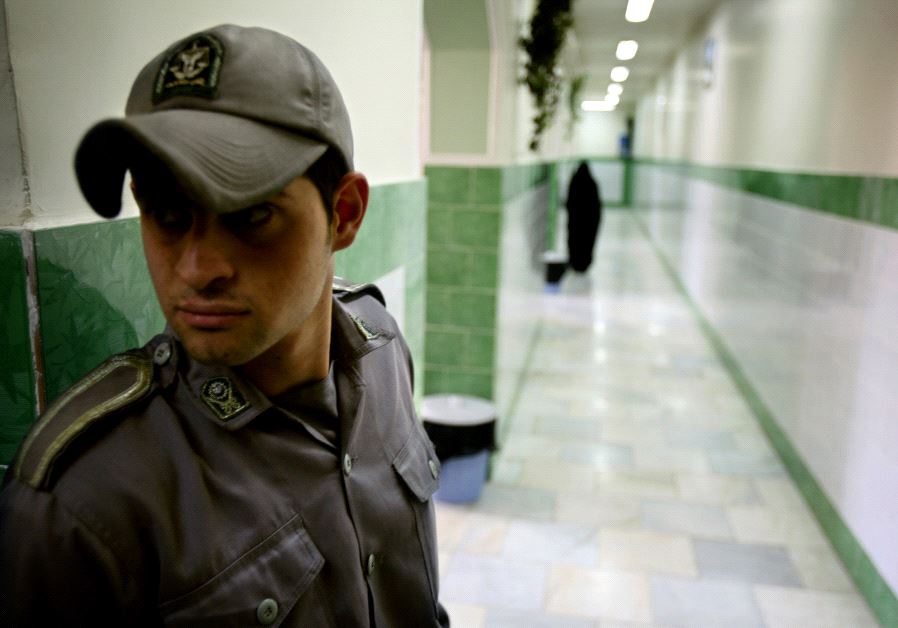Iran swaps jailed British-Australian academic with Iranians jailed abroad
Moore-Gilbert was tried and convicted within the Iranian courts in secret just over a year and a half ago.
 A prison guard stands along a corridor in Tehran's Evin prison June 13, 2006.
A prison guard stands along a corridor in Tehran's Evin prison June 13, 2006.